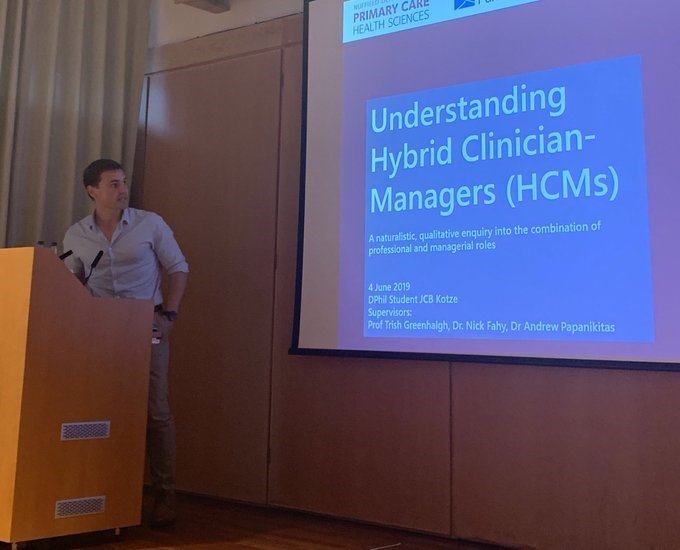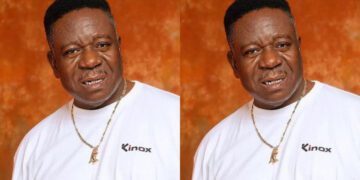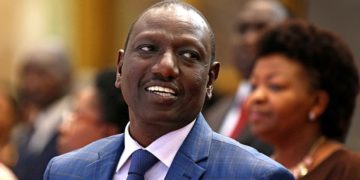[ad_1]

Researchers will need to carefully untangle cause and effect when it comes to learning what lockdown and a moratorium on alcohol sales have meant for the country – and our collective future, writes Koot Kotze.
An overwhelmed health system — a familiar nemesis.
For South African healthcare workers, payday weekends — or public holidays — mean working around the clock to resuscitate the victims of stabbings and shootings. During these shifts, the smells of liquor and blood hang thick in the air of our emergency units.
“There are no more beds available” or “the intensive care unit is full”.
As a South African doctor, my colleagues and I have all heard these phrases before, and when we have, we’ve had to do our best for patients under the circumstances, with sometimes fatal consequences.
I am sure many of us never dreamt it would take a pandemic and an alcohol ban to change this.
In 2015, an estimated 62 300 South Africans died from alcohol-related causes, according to research published in 2018 in BMC Medicine. These deaths weren’t only the result of, for instance, drunk driving, but also included deaths from illnesses such as HIV, TB and heart disease, for which drinking can be a risk factor.
If one factors in the economic consequences of increases in crime, healthcare needs and road accidents, alcohol abuse cost South Africa more than R37 billion (or almost 2% of the country’s gross domestic product) in 2009 alone. This was according to a 2014 article in the South African Medical Journal.
Before South Africa’s liquor-free lockdown, modelling by the South African Medical Research Council (SAMRC) suggests trauma units nationwide saw about 35 000 weekly admissions, the MRC’s Charles Parry recently told Bhekisisa. Parry is the head of the council’s Alcohol, Tobacco and Other Drug Research Unit.
Since the country instituted a lockdown and banned alcohol as part of its bid to the curb cases of the new coronavirus, SAMRC modelling suggests hospital trauma admissions have decreased by 66%, Parry explained to Bhekisisa.
I remember the bizarre sensation of sitting in an advanced trauma life support course and learning about mass casualty incidents. This is where the number, type or severity of patients in an area overwhelms the local healthcare system.
When these kinds of situations cannot be managed, they become disasters. This is a reasonably accurate description of what stabbings, shootings and traffic accidents do to many South African health facilities on a monthly or even weekly basis.
These scenarios are eerily similar to the stories that emerged from Italy early in the Covid-19 pandemic — patients lying in corridors, full intensive care units, doctors forced to make terrible decisions about who does and doesn’t get access to scarce medical care.
In South Africa, our trauma units have become accustomed to mass casualties on weekends and public holidays, and this recurring tragedy has ceased to capture the nation’s attention.
But we now have the opportunity to do something about it. Globally, citizens have demonstrated a remarkable willingness to make sacrifices for the health of others.
And now that our emergency units have been partly emptied, comes the difficult part of proving which policies are responsible for this change.
The lockdown, apart from being an unprecedented intervention in the interest of public health, is also one of the largest uncontrolled experiments ever to be conducted — and it presents South Africa with unique challenges and opportunities.
South African public health practitioners and policymakers should use this time to gather detailed data on exactly what we are facing in our healthcare facilities. Disentangling the impact of the lockdown and the alcohol ban, respectively, on violence is essential.
Critical in this will be generating data that can help public health experts and policymakers respond to arguments by alcohol lobbyists against ongoing restrictions on alcohol.
Such arguments might posit that the loss of earnings from restrictions outweighs the economic benefits of reductions in violence, deaths and healthcare costs, or that the decreases in movement and earnings, rather than the alcohol ban, were responsible for these reductions. High-quality data can save lives.
We may even require a phased lifting of the restrictions in different sequences in different regions. Continued restrictions on alcohol will also require widespread public information campaigns and careful messaging. As a country, the pandemic is a reminder of what’s important, and a call to consider what we sacrifice when liquor flows freely.
Banning alcohol in perpetuity, however, does not work. The global illicit drug trade and continued illegal trading of alcohol, as well as the entire prohibition era in the United States, are a testimony to this.
Thankfully there are numerous less heavy-handed ways of renegotiating our relationship with the bottle and establishing a safer drinking culture.
A recent SAMRC study identified reducing the density of outlets selling alcohol, restrictions on trading volumes and times, and mass media campaigns among numerous measures to reduce harm related to alcohol. Still, it emphasises the need for more research on these policies in low and middle income countries.
It is imperative, then, that this brief period of national abstinence is closely studied and possibly followed by carefully implemented policies surrounding alcohol use.
A viable solution to South Africa’s alcohol problem will have to find the right balance between public health and individual freedom. Certainly, there are caveats to importing policies from abroad, especially when it comes to enforcement, but these have enormous potential to mitigate the harm that alcohol does to our society. The laissez-faire alternative is continued carnage in our health facilities and mortuaries.
Our hospitals have seen a steep drop in violent trauma, and the bloody scenes which dominated our emergency units have become much less frequent. It won’t stay this way for long, however.
The Covid-19 pandemic has shifted our priorities and, with that, there is an opportunity to renegotiate the social contract. We can see this happening as people adopt new norms around habits such as hand washing. Could we also use this opportunity to create a less inebriated and violent South Africa?
Koot Kotze is a South African medical doctor and is completing his doctoral research in primary healthcare, with a focus on healthcare management in South Africa, at the University of Oxford.

















